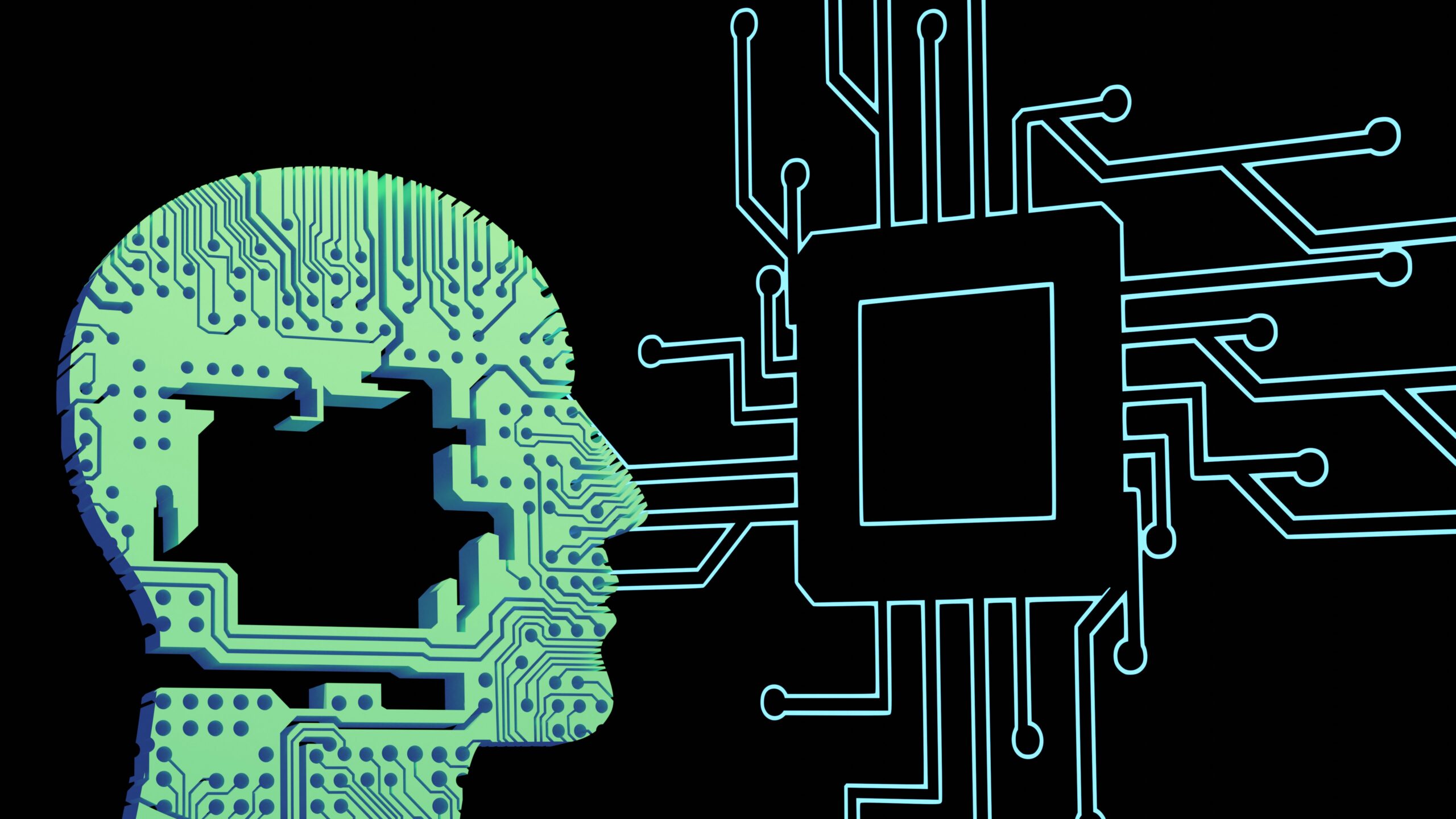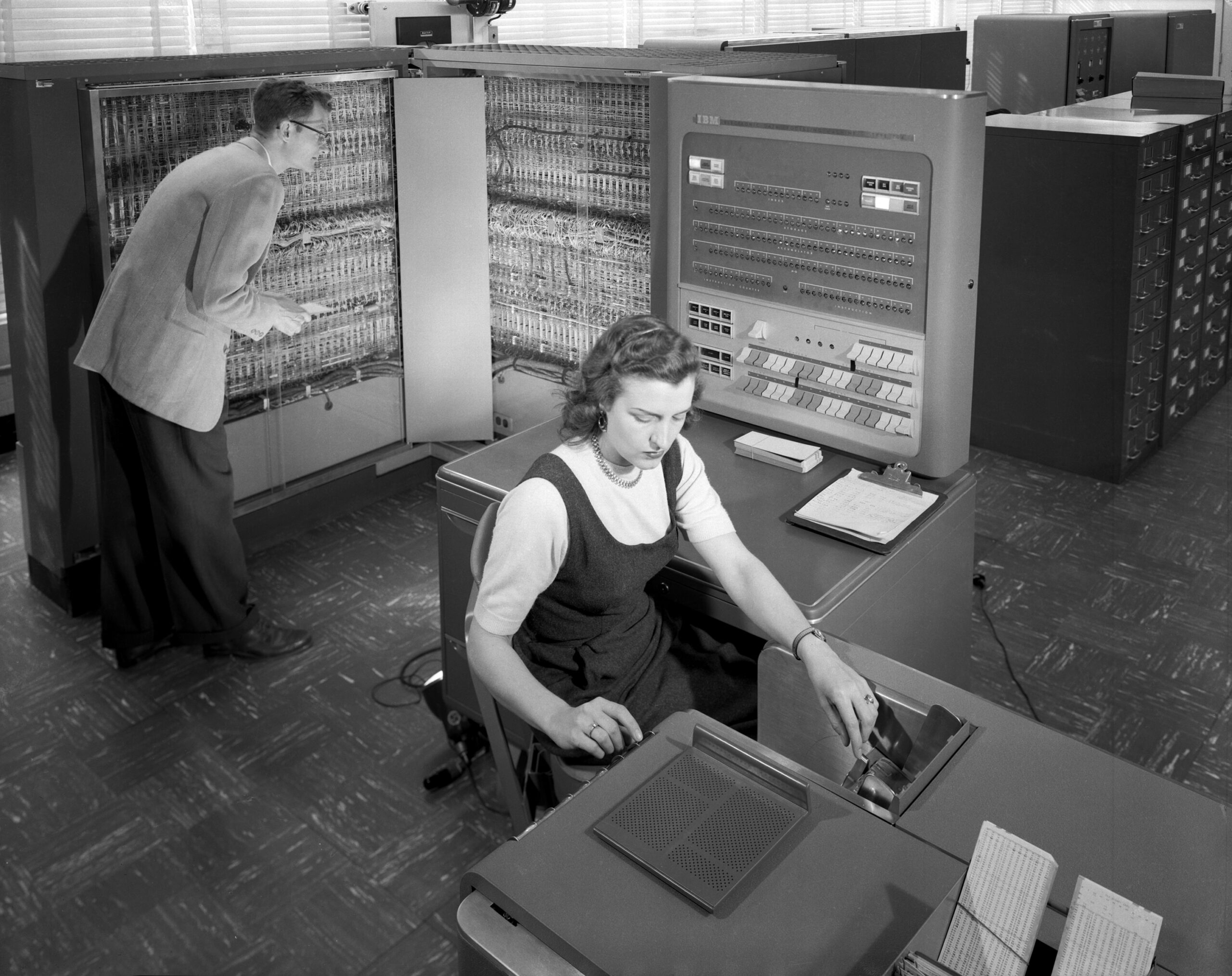Will AI be friend or foe to workers?

What a crazy week this has been with Microsoft Build, Google I/O, Dell Technologies World, SAP Sapphire and Computex all happening at the same time. But I didn’t attend any of those lofty, news-filled gatherings. Instead I was in Cambridge, Massachusetts at the MIT Sloan CIO Symposium – a much smaller event focused on the needs of enterprise tech execs. And given the nature of this publication, it felt like exactly where I was supposed to be.
What could be better than a full day talking to executives and analysts about the changing nature of the CIO role, while watching panel after panel dive into how they’re wrestling with AI, trying to separate reality from hype, the fanciful from the practical.
The closing keynote is always a highlight at this event, and this year was no exception. Nobel Prize-winning MIT economics professor Daron Acemoglu took the stage to explore a fascinating philosophical debate in tech: will AI ultimately augment human workers, or replace them? It’s an argument that dates back to the 1950s when Alan Turing first started exploring the concept of the universal machine. Later, researchers like Norbert Wiener introduced the idea of human-machine collaboration as a counter to the argument that machines would take over everything.
Augmentation or replacement
In Acemoglu’s view, companies need to find a way to increase productivity from technology, regardless of the type, something that organizations have struggled to do. “One of the remarkable things about the age of digital technologies is that productivity growth has been very disappointing. So computers have continuously promised productivity revolutions and rarely delivered," he said.
When it comes to AI, it can go one of two ways – worker augmentation or worker replacement – and the path forward depends on a number of factors. He leaned towards the augmentation argument, but he recognized that not every manager will agree, especially when they are under constant pressure to reduce operating costs.

Yet he sees a way for augmentation to work for everyone if we find a way to rethink the current approaches. “It will require managers and company owners to actually understand that they can use these types of human complementary technologies, the tech sector to start becoming much more focused on these technologies and the broader public also becoming a stakeholder and thinking that perhaps a path that increases efficiency by making workers more productive, providing them more new tasks, is better for society,” he said.
What if he’s right and the promise of AI isn't in cutting costs by replacing workers with machines, but in empowering people to do more meaningful work? Workers would certainly prefer that kind of scenario to one where artificial general intelligence (AGI), however you define that, simply takes over as many tasks as possible, the cost of human capital be damned.
Workers face uncertainty
As you can imagine, the impact of AI on work has been top of mind for many workers. A Pew Research Center survey released in February, found that 52% of workers were worried about the impact of AI in the workplace. Digging further, the survey found that just 6% believe it will lead to more jobs, and that 63% report that they aren’t even using AI on the job.
This data comes at a time when CEOs are issuing an increasing number of AI-first mandates, which I wrote about in this space a couple of weeks ago. If Pew is right, most workers aren’t even experimenting with AI, yet more of their bosses are insisting that they use it on the job. That is a huge disconnect.
“One of the remarkable things about the age of digital technologies is that productivity growth has been very disappointing. So computers have continuously promised productivity revolutions and rarely delivered."
If you believe in augmentation instead of replacement, IKEA provides a prime example. The DIY store decided to use AI to enhance customer service, a story we’ve heard before. But instead of simply replacing the customer service reps, IKEA successfully retrained them as design consultants. The result? Customers get personalized help, and employees get more fulfilling, higher-value work. Truly a win-win for everyone.
Acemoglu pointed out that more companies need to look at the problem creatively as IKEA has to find solutions that increase productivity. “I think one of the very important things about the future of AI is to learn from the past of digital technology, but also dream big about how companies can revolutionize themselves in terms of offering new services, new products, new tasks,” he said. “And I don't think that's going to happen through just automating or even with dreams of AGI.”

Let’s face it: generations of dystopian science fiction have conditioned us to expect the worst from artificial intelligence, but perhaps the end game isn't armies of robots taking over humanity, but instead, digital assistants taking over our email until we're out of a job. Either of those outcomes, however, is far from inevitable.
As Dropbox founder and CEO Drew Houston put it in an interview at HumanX in March, we have heard this story before with each new technological breakthrough, yet humans have always found a way to level up to the technology. "And so I think the happy version of the story is that AI is going to work for us. We get to steer it," he said.
But he also warned that you need to learn to use this technology or risk irrelevancy. “The robots are not going to take your job. It's the person who knows how to use the robot who's going to take your job,” he said. As an optimist, I choose to believe that he’s right.
~Ron
Featured photo by Steve Johnson on Unsplash





